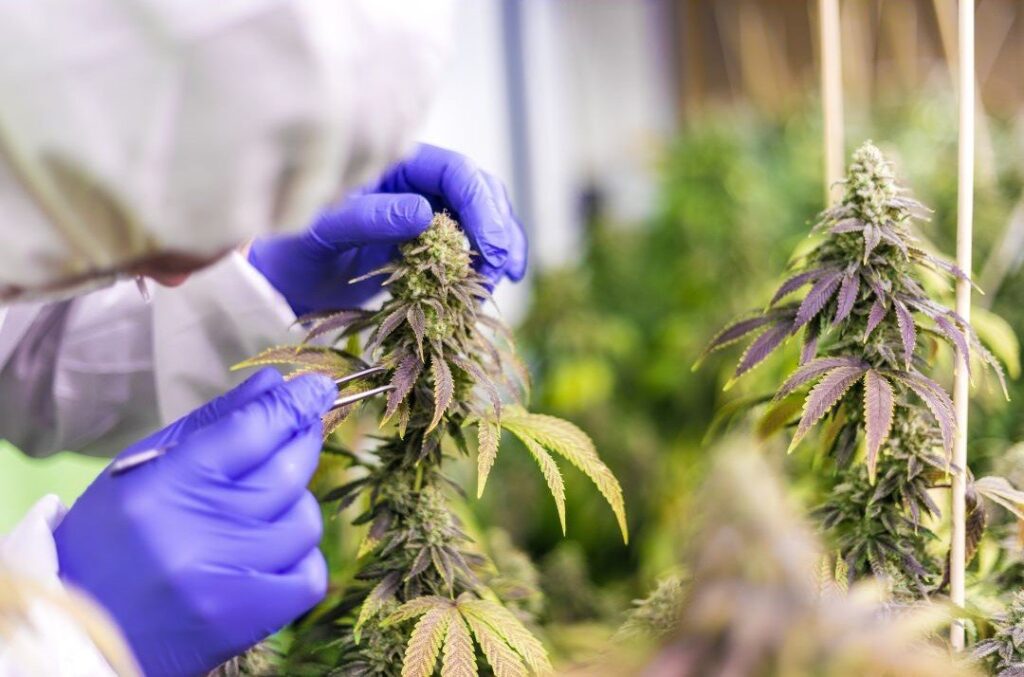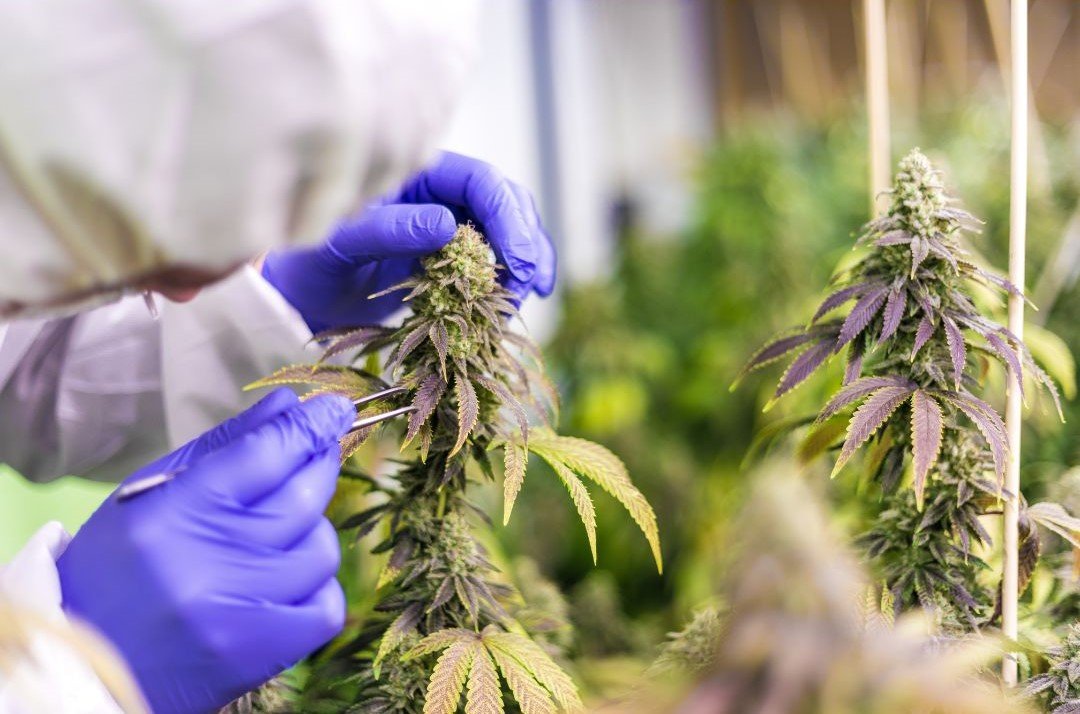Ever wondered what all the buzz around cannabis is about? Well, let me take you on a little trip down memory lane. Picture this: it’s college, and curiosity is in the air, much like the occasional scent of cannabis wafting through dorm rooms. Yes, I did dabble a bit back then, and while it was all fun and games, hindsight has its way of enlightening us. Knowing what I know now about how cannabis can affect brain development, I sometimes wish I had steered clear. However, I have friends who still use cannabis regularly, and while I don’t judge, I do make sure they know about the potential risks, especially when it comes to memory and the risk of dementia.
Cannabis and Your Health: Benefits, Risks, and Longevity

Ever wondered what all the buzz around cannabis is about? Well, let me take you on a little trip down memory lane. Picture this: it’s college, and curiosity is in the air, much like the occasional scent of cannabis wafting through dorm rooms. Yes, I did dabble a bit back then, and while it was all fun and games, hindsight has its way of enlightening us. Knowing what I know now about how cannabis can affect brain development, I sometimes wish I had steered clear. However, I have friends who still use cannabis regularly, and while I don’t judge, I do make sure they know about the potential risks, especially when it comes to memory and the risk of dementia.
The Not-So-Great Side of Cannabis
While cannabis has its perks, it also comes with some downsides, especially when it comes to our brains:
Brain Development
Using cannabis during those crucial years of brain development (adolescence and early adulthood) can lead to long-term changes in memory, learning, and decision-making abilities.
Short-Term Memory and Cognitive Function
Regular cannabis use can mess with your short-term memory and cognitive skills, affecting daily life and work performance.
Risk of Dementia and Alzheimer's
Emerging research suggests long-term cannabis use might increase the risk of cognitive decline and neurodegenerative diseases like Alzheimer’s and dementia. Yikes!

The Medical Uses of Cannabis
Cannabis has been used for medicinal purposes for thousands of years. Today, science is catching up with tradition, and research is uncovering its potential benefits for various conditions:
- Pain Management: Cannabis has been shown to be effective in managing chronic pain, particularly in conditions like arthritis and neuropathy. The cannabinoids in cannabis interact with the body’s endocannabinoid system to reduce pain and inflammation.
- PTSD Treatment: For individuals with PTSD, cannabis can help manage symptoms such as anxiety, insomnia, and nightmares. Studies have found that cannabinoids can reduce the severity of PTSD symptoms and improve overall quality of life.
- End-of-Life Care : Cannabis is often used in palliative care to alleviate pain, nausea, and appetite loss in patients with terminal illnesses. It can help improve comfort and quality of life during end-of-life treatment.

What Science Says
- Pain Management: A study in the Journal of Pain found cannabis can significantly reduce chronic pain, especially for those who don't respond to traditional painkillers.
- PTSD: Research in the Journal of Psychopharmacology highlights that cannabis can help reduce PTSD symptoms and improve sleep for veterans.
- End-of-Life Care : The American Journal of Hospice and Palliative Medicine reviewed cannabis's role in enhancing quality of life by managing pain, nausea, and other distressing symptoms.



